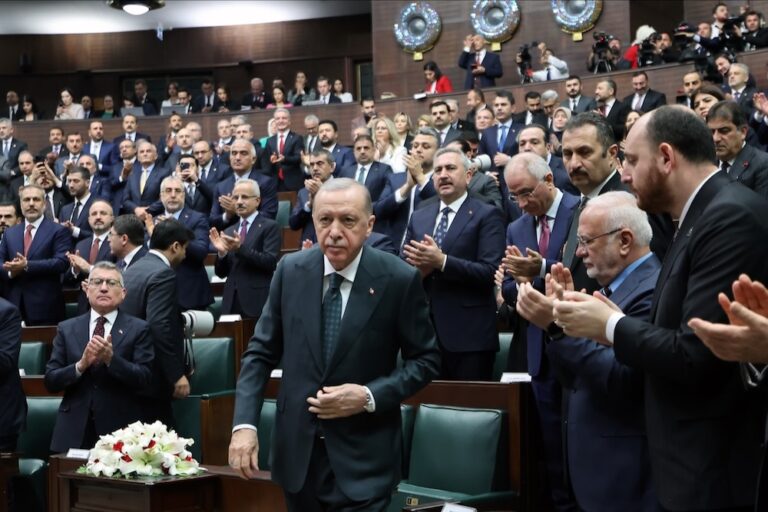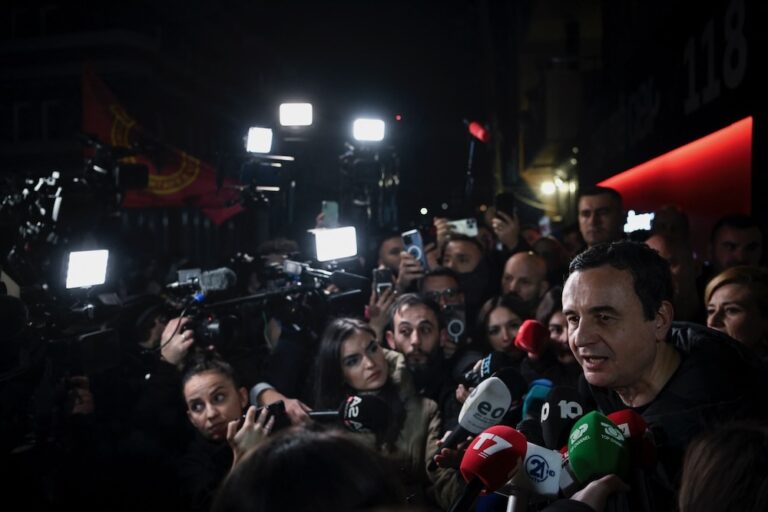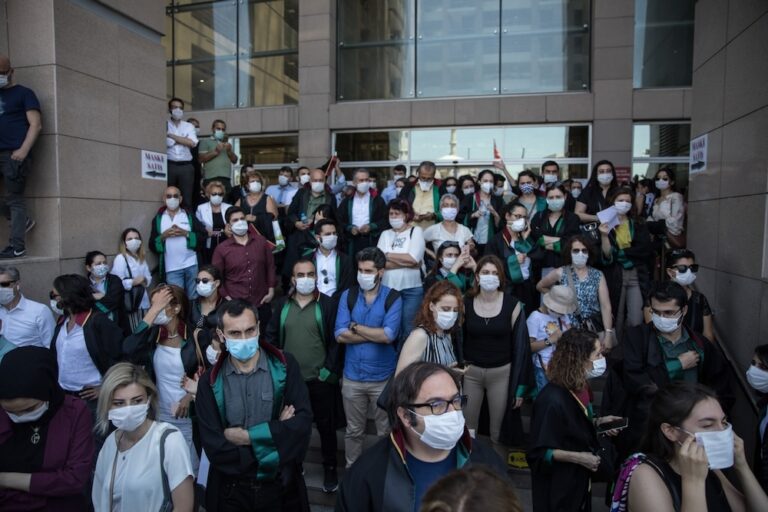Mahmut Alınak was charged with "spreading propaganda for the PKK" after he allegedly instigated the Kurdish people to civil disobedience in a program on ROJ TV.
(BIANET/IFEX) – The Erzurum 2nd High Criminal Court has sentenced politician Mahmut Alınak to imprisonment of one year under charges of “spreading propaganda for the PKK”, the militant Kurdistan Workers Party, after he allegedly instigated the Kurdish people to civil disobedience in a program on ROJ TV.
The court in the northeastern province of Erzurum pronounced the judgement for former Democratic Party (DEP) member Alınak on 11 May 2010. The sentence was based on remarks broadcast by the television channel ROJ TV that contained propaganda for a terrorist organization. The broadcast directed viewers’ attention to the armed PKK terrorist organization.”
The court drew attention to Alınak’s statement on ROJ TV on 5 September 2008. The decision said that freedom of expression “could be limited if necessary, i.e. in the case of protecting national security, the unity of the country and public security, when defending public order and preventing disobedience of the law”.
Alınak, commenting on a military operation, said on the program: “The PKK announced a ceasefire, but no steps at all were taken in six years. ( . . . ) In our political party events we will sing the (Kurdish march) and the international anthem in Kurdish. This will also be a message for the AKP (the ruling Justice and Development Party). We should definitely start our social march and we have to turn every place we visit into a place of uprising. Current history should be defined by civil disobedience and this sort of strain that applies social pressure”.
For his remarks, Alınak was convicted of “spreading propaganda for an illegal organization” under article 7/2 of the Anti-Terror Law. The sentence was not mitigated due to his previous “criminal record”.
Commenting on the decision, Alınak recalled Prime Minister Erdoğan’s recent statement on television that “there is freedom of thought in this country. Everybody can say and write what they want.”
“He looks into our faces and tells us lies,” Alınak criticized.


